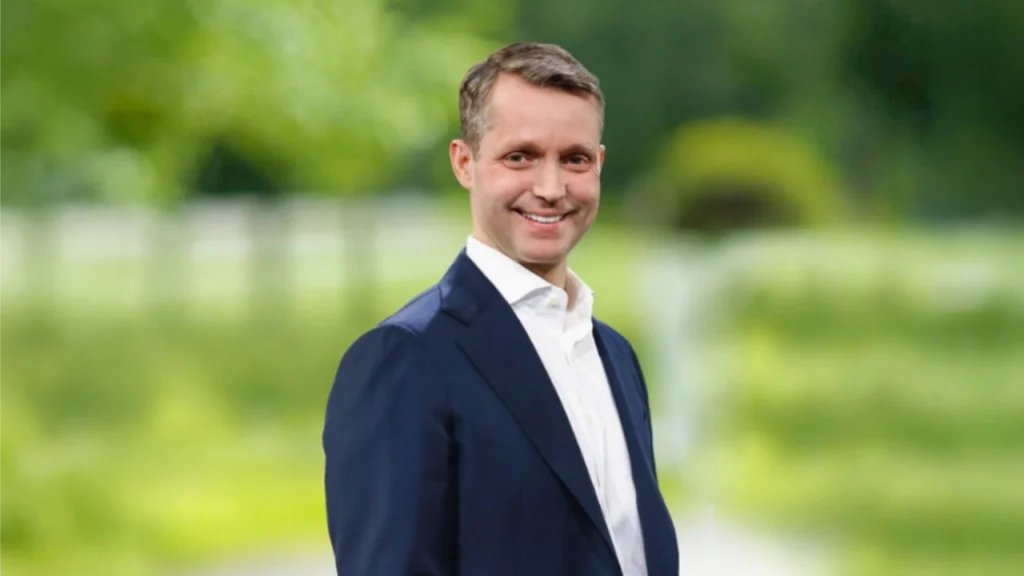- The CEO highlighted the importance of connectivity and collaboration as the foundations of the upcoming AI supercycle.
- R&D and acquisitions focus on preparing Nokia to lead in the next phase of mobile network evolution.
What happened: Nokia bets on AI and partnerships for growth
Justin Hotard, Nokia’s newly appointed CEO, declared that the world is on the brink of an “AI supercycle”, positioning Nokia to leverage this technological wave to bolster its leadership in 5G, 6G, and AI-powered connectivity. Speaking from the company’s latest campus in Oulu, Finland, Hotard outlined the company’s ambitious plans to enhance its research and development (R&D), particularly in radio networks and silicon technology.
Nokia’s strategy hinges on strengthening its ecosystem, focusing not just on proprietary R&D but also on key partnerships with universities, start-ups, and industry players. Hotard pointed to Nokia’s $2.5 billion acquisition of Infinera as an example of the company’s commitment to expanding its optical and networking capabilities to meet growing demand from hyperscale data centres.
The company is also increasing its involvement in national security, exemplified by its work with NATO and the Finnish Defence Forces.
Also read: DBS Africa: Cameroon IT services and business connectivity
Also read: Nokia and EBB boost AI data centres in Malaysia
Why it’s important
Hotard’s vision for the AI supercycle signals a major shift in Nokia’s business strategy. By concentrating on AI, mobile infrastructure, and strategic acquisitions, the company aims to be at the heart of future technological advancements. With the upcoming transition to 6G, Hotard stressed that success will depend on innovative applications like smart glasses and industrial robotics, which will drive fresh demand for network connectivity.
His comments on Europe’s telecoms market were also significant, warning that the region must avoid falling behind other global markets such as the US and India in scale and profitability. By focusing on ecosystem development and localisation, Nokia hopes to remain competitive while addressing current challenges, such as tariffs and currency fluctuations.

